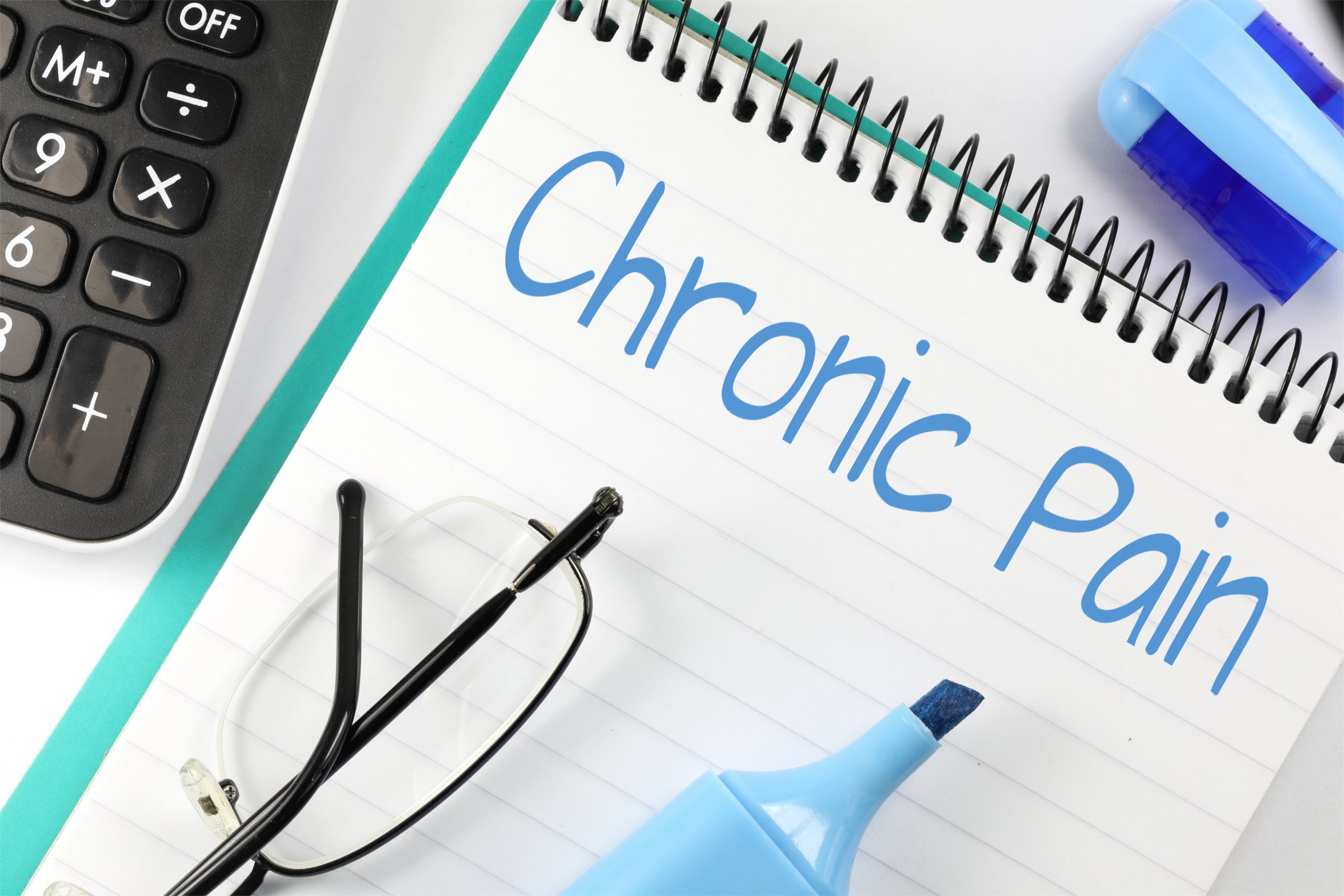
Everyone has to deal occasionally with aches and pains. When any injury occurs to individuals then pain signals travel from the injured area and send signals to the spinal cord and brain. The pain usually becomes less severe after healing the injury. If you are suffering Chronic Pain, your body continues to send pain signals to the brain, even after healing of the injury. This may last several weeks to years. Chronic pain can restrict mobility and reduce flexibility, strength, and endurance. This may make it challenging to complete daily tasks and activities.
Have a look at some common types of chronic pain-
headache
Postsurgical pain
Post-trauma pain
Lower back pain
Cancer pain
Arthritis pain
Neurogenic pain
What causes chronic pain?
The main cause of chronic pain is an initial injury, such as a back sprain or pulled muscle. It’s considered that chronic pain develops after damaging nerves. The damage to the nerve makes more Acute Pain and for a long period. Treating the underlying injury may not resolve the chronic pain in these cases.
The pain may sometimes occur from an underlying health condition, such as:-
Chronic fatigue syndrome: it is characterized by extreme weariness that’s often accompanied by pain.
Endometriosis: A painful disorder that occurs when the uterine lining grows outside of the uterus.
Fibromyalgia: Widespread pain in the bones and muscles.
Inflammatory bowel disease: It occurs when you face painful, chronic inflammation in your digestive tract.
Interstitial cystitis: A chronic disorder caused by bladder pressure and pain.
Medications for chronic pain
Various types of medications are available to treat chronic pain. There are several Over-the-counter pain relievers such as aspirin (Bufferin) or ibuprofen. Antidepressants and anticonvulsants are also the best medications recommended for chronic pain.
Medical Procedures for Chronic Pain
Some medical procedures can provide relief from chronic pain. Examples of a few are:
Electrical Stimulation – it helps in reducing pain by sending mild electric shocks into your muscles.
Nerve block – in this an injection is used to prevent nerves from sending pain signals to your brain.
Acupuncture – lightly pricking is involved in your skin with needles to reduce pain.
Surgery – it involves injuries that may have healed improperly and that may be contributing to the pain.
Dealing with Chronic Pain
Chronic pain cannot be treated, but the condition can be managed successfully. It’s important to follow your pain management plan to help relieve symptoms.
Physical pain is similar to emotional pain, so chronic pain can increase stress levels. Let’s understand a few basic things you can do to reduce stress.
Take good care of your body: Eating well, getting enough sleep, and exercising regularly keeps your body healthy and reduce feelings of stress.
Continue taking part in your daily activities: You can boost your mood and decrease stress by incorporating activities you enjoy and socializing with friends. However, isolating yourself can increase your sensitivity to pain.
Seek support: Friends, family, and support groups can give you help and offer comfort during difficult times. In case you are unable to perform your daily task then you need to get an emotional boost.


